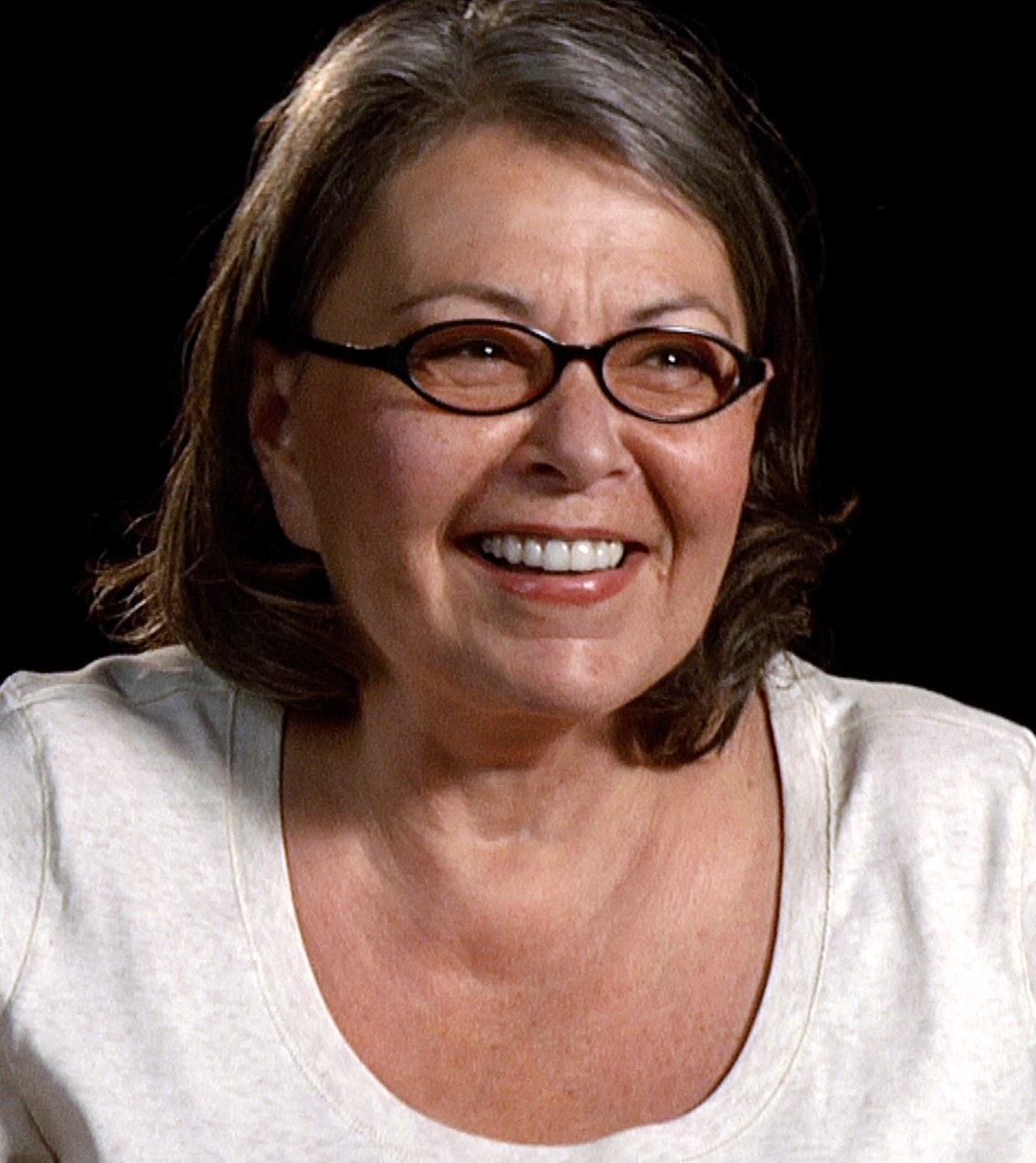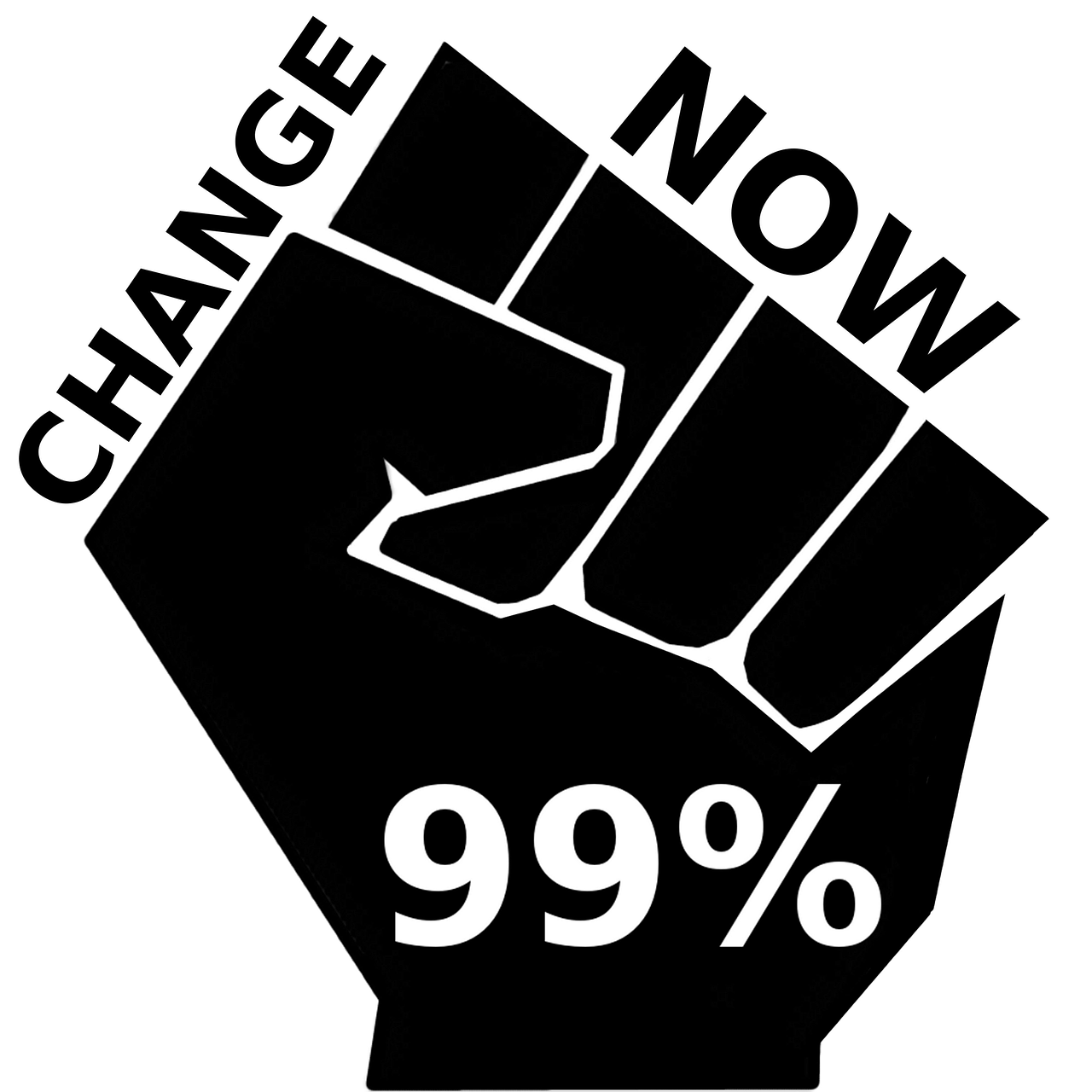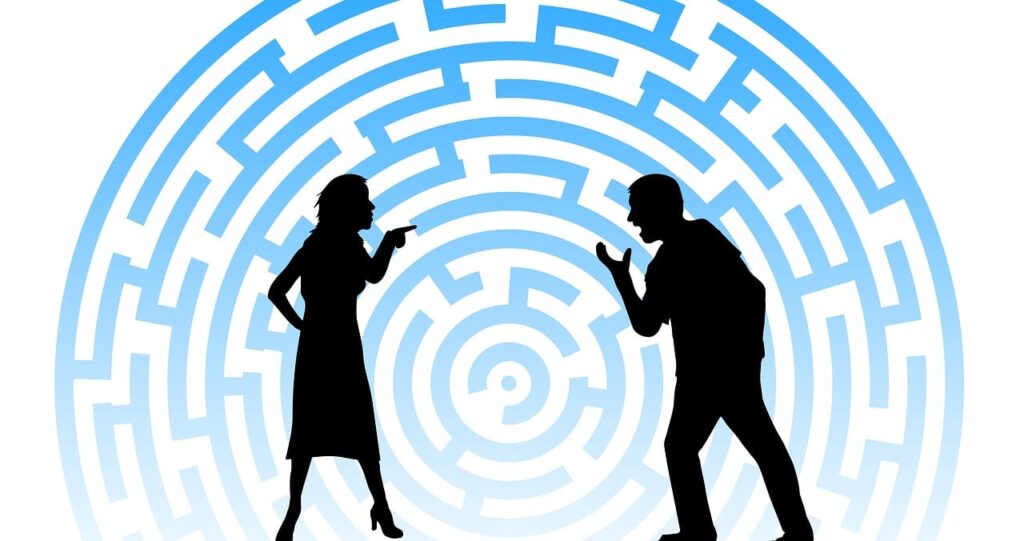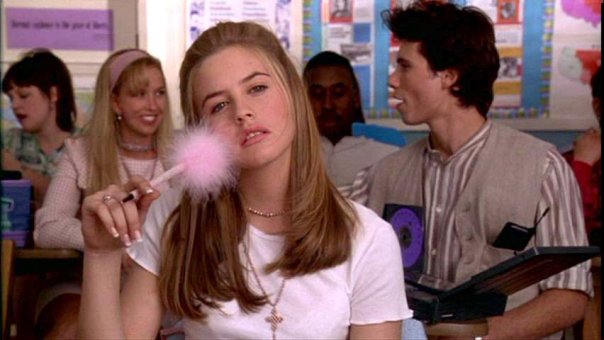
Roseanne Barr. The name alone conjures a whirlwind of images, from the iconic blue-collar matriarch of a beloved sitcom to a figure at the center of some of Hollywood’s most intense controversies. For decades, she has been a force of nature, captivating audiences with her raw humor and unapologetic authenticity, only to later spark national conversations for entirely different reasons. Her journey, much like the show she helmed, is a complex tapestry woven with triumphs, challenges, and moments that genuinely caused a stir.
The television sitcom “Roseanne,” which originally aired on ABC from October 18, 1988, to May 20, 1997, and briefly revived from March 27, 2018, to May 22, 2018, wasn’t just a show; it was a cultural phenomenon. It resonated deeply with millions by mirroring the everyday struggles and triumphs of a working-class American family, earning critical acclaim and consistently high ratings. From its groundbreaking portrayal of real life to its provocative storylines, “Roseanne” broke molds and started conversations, all under the magnetic pull of its eponymous star.
But beyond the laughs and the Nielsen victories lies the story of a star whose public persona and creative vision have continuously evolved, sometimes dramatically. Roseanne Barr’s “transformation” isn’t a simple before-and-after; it’s a dynamic, ongoing narrative shaped by her fearless approach to comedy, her outspoken nature, and the intense spotlight of celebrity. We’re about to take a deep dive into the elements that made “Roseanne” a legend and Roseanne Barr an unforgettable, often polarizing, figure in pop culture history. Let’s unpack the moments that truly set the stage for her enduring legacy and, yes, the stirs she continues to cause.
1. **The Show’s Groundbreaking Original Run: A Realistic Portrayal**
When “Roseanne” first hit the airwaves in 1988, it wasn’t just another sitcom; it was a revolution disguised in a comfy sweater. Created by Matt Williams and based on a character by Roseanne Barr, the series immediately stood out for its unvarnished, authentic portrayal of the Conner family in the fictional town of Lanford, Illinois. Unlike the idealized suburban families often seen on television, the Conners were explicitly “an American working-class family struggling to get by on a limited household income.” This resonated powerfully with audiences who finally saw their own lives reflected on screen.
Critics and viewers alike lauded the show for its commitment to realism, a stark departure from the glossier comedies of its era. The series was notable as “one of the first sitcoms to realistically portray a blue-collar American family with two parents working outside the home.” This wasn’t just a background detail; it was central to the family’s struggles and their fiercely protective, often humorous, dynamics. The struggles to pay bills, find consistent work, and navigate daily life on a tight budget were front and center, making the Conners instantly relatable heroes for many.
Furthermore, “Roseanne” broke ground by featuring “lead characters who were noticeably overweight without their weight being the target of jokes.” This was a significant step forward in television representation, challenging conventional beauty standards and showing that characters could be multifaceted and beloved regardless of their size. It allowed the focus to remain on their intelligence, humor, and resilience, cementing the show’s status as a trailblazer that valued substance over superficiality. The show proved that authenticity, even in its less glamorous forms, could be incredibly compelling.
The setting itself, with exterior shots based on a real home in Evansville, Indiana, and later references placing the fictional Lanford “in the vicinity of Aurora and Elgin, which are less than one hour away from Chicago,” further grounded the show in a tangible, relatable reality. The octagonal kitchen table and the crocheted granny square afghan blanket on the living room sofa became iconic symbols of this down-to-earth aesthetic. It was a show that embraced the ordinary and made it extraordinary through sharp writing and unforgettable characters.

2. **Roseanne Barr as the “Domestic Goddess” Persona and Creative Force**
At the heart of this groundbreaking show was Roseanne Barr herself, a performer whose unique voice and persona were integral to the series’ creation and success. Marcy Carsey and Tom Werner of Carsey-Werner Productions were explicitly looking for “the concept of the working mother as a central voice” for a new show. They wanted to move past the traditional portrayal of working mothers as mere adjuncts to the father. It was Werner who suggested taking a chance on Barr after seeing her on “The Tonight Show.”
Barr’s act at the time was the persona of the “domestic goddess,” a comedic take on the everyday pressures faced by women balancing home and work. Carsey and Werner immediately recognized her distinct “in your face” voice and attitude. They saw that she had “the distinctive voice and attitude for the character and she was able to transform herself into the working-class heroine they envisioned.” This wasn’t just casting an actress; it was finding the perfect embodiment of the character they wanted to bring to life. Her comedic genius infused the show with a raw energy that was both hilarious and deeply honest.
Barr maintained that the characters of “Roseanne” and her family were “based heavily on Roseanne herself and her own children and lived experience.” This personal connection to the material gave the show an undeniable authenticity and depth. While Matt Williams received the sole on-screen creator credit due to Writers Guild of America regulations for writing the pilot, a subsidiary credit acknowledged that the work was “based on Barr’s stand-up comedy.” This highlights her profound influence from the very inception of the series.
Her vision extended beyond just her character; she pushed for the inclusion of storylines that reflected real-world experiences. Barr asserted that “her show seeks to portray various slices of life, and homosexuals are a reality,” inspiring her to introduce gay characters and issues. She stated that “provocative storylines have been an integral part of the series throughout its existence” because “they were issues that working-class Americans experience in their everyday lives and that very few scripted programs ever address them.” This commitment to portraying often-ignored realities cemented her as a genuine creative force, challenging television norms and opening doors for more diverse storytelling.
3. **The Series’ Consistent High Ratings and Critical Acclaim**
The blend of authentic storytelling and Roseanne Barr’s powerful persona quickly translated into monumental success. “Roseanne” wasn’t just critically acclaimed; it was a ratings powerhouse from its very first season. During its initial run, the series “reached No. 1 in the Nielsen ratings from 1989 to 1990 in its second season.” This achievement placed it at the absolute pinnacle of television viewership, a testament to its widespread appeal and how deeply it resonated with the American public.
The show’s popularity wasn’t a fleeting moment; it was a sustained phenomenon. “During the initial run, the series remained in the top four for six of the nine seasons, and in the top 20 for eight.” These statistics paint a clear picture of a show that consistently captured and held the national imagination, proving that audiences craved stories that felt real and characters they could truly connect with. It transcended demographic lines, drawing in viewers from all walks of life who tuned in weekly to watch the Conners navigate their often-chaotic world.
Beyond the impressive viewership numbers, “Roseanne” also garnered significant critical recognition. In 1993, the episode “A Stash from the Past” was “ranked No. 21 on TV Guide’s 100 Greatest Episodes of All-Time.” This specific accolade highlights the quality of its writing and its enduring impact on television history. The show wasn’t just popular; it was considered an exemplar of excellent television.
Its legacy continued to be recognized years after its original run. In 2002, “Roseanne was ranked No. 35 on TV Guide’s 50 Greatest TV Shows of All Time,” and in 2013, it was “ranked No. 32 on TV Guide’s 60 Best Series of All Time.” These consistent high rankings across different decades underscore the show’s lasting cultural significance and its status as a timeless piece of television. The series proved that a family sitcom could be both profoundly entertaining and deeply meaningful, cementing its place in the pantheon of television greats.
Read more about: Titans of Taste: Unpacking the Diverse Legacies of Culinary Maestros

4. **Controversial Storylines and Portrayal of Social Issues** “
“Roseanne” never shied away from tackling complex and often controversial social issues, making it a trailblazer in television for its frank and honest approach. From its earliest seasons, the show wove difficult topics into the Conner family’s everyday lives, reflecting the realities faced by working-class Americans. This commitment to realism often meant venturing into territory that other sitcoms typically avoided.
Roseanne Barr herself explicitly stated her intention to address these issues, noting that “her show seeks to portray various slices of life, and homosexuals are a reality.” This conviction led to groundbreaking storylines, such as Roseanne visiting a gay bar with Nancy, where she “received an unwanted kiss from Nancy’s girlfriend” in Season 6. Barr’s real-life brother and sister being gay “inspired her to push for introducing gay characters and issues into the show,” demonstrating her personal commitment to authentic representation. Jackie’s character also grappled with her own sexuality, being revealed as a lesbian in the Season 9 “twist.”
The series delved into a wide array of other challenging topics, proving that sitcoms could be both funny and profoundly thought-provoking. Season 7 alone tackled “abortion, alcoholism, drug abuse, sexual dysfunction, and racial prejudice.” A particularly notable episode from that season involved D.J. refusing to kiss a black girl in his school play, sparking important conversations within the Conner household and among viewers. These episodes weren’t just for shock value; they explored the nuances of these issues through the lens of a family struggling to understand and adapt.
Even more personal and darker themes were explored, such as Roseanne’s past as a child abuse victim. This traumatic history arose in Season 6 when she “reacts violently after DJ joyrides and wrecks her car,” leaving her concerned she might be “continuing the cycle.” Such a storyline was incredibly rare for a network sitcom, showcasing the show’s fearless determination to confront difficult truths about family, trauma, and the cycle of abuse. The show handled these moments with a gravitas that belied its comedic format, offering both insight and empathy.
Furthermore, the portrayal of the Conners as a working-class family meant grappling with themes of financial hardship and economic insecurity throughout the series. Dan’s sporadic work as a construction contractor, Roseanne’s various “menial jobs including telemarketer, secretary for Dan’s boss, bartender, a fast-food restaurant cashier,” and their attempts at small businesses like Lanford Custom Cycle, all highlighted the constant struggle to “get by on a limited household income.” These storylines were not merely plot devices but authentic reflections of millions of viewers’ lives, cementing the show’s reputation for unflinching honesty.
Read more about: 13 Reasons Why: A Comprehensive Look at the Series’ Evolution, Impact, and Controversies
5. **The “Roseanne” Creative Control Dispute**
While “Roseanne” was unmistakably infused with Roseanne Barr’s unique voice, the show’s creation involved a tension over creative credit and influence from its very beginnings. The initial concept for the show, centered around a working mother as the central voice, originated with Marcy Carsey and Tom Werner of Carsey-Werner Productions. They then brought in Matt Williams as the original showrunner, who “was the sole writer of the pilot.”
Under the strict regulations of the Writers Guild of America, the sole writer of a series’ pilot episode is credited as the “sole creator.” Consequently, Matt Williams received this on-screen credit. However, Barr’s profound contribution was acknowledged with a “subsidiary credit [that] noted that the work was based on Barr’s stand-up comedy.” This legal distinction, while clear, hinted at the underlying struggle for narrative ownership.
Barr consistently “maintained that the characters of ‘Roseanne’ and her family were based heavily on Roseanne herself and her own children and lived experience.” This was her lived reality, the source from which her comedic persona, the “domestic goddess,” sprang. Her direct connection to the blue-collar experience that the show portrayed was undeniable, and she saw herself as the authentic voice of the Conner family.
On the other hand, Matt Williams “maintained that the show had been created before Barr’s involvement, based on his own family experiences.” This presented two differing origin stories for the show’s core premise, highlighting a fundamental disagreement over who truly brought the “Roseanne” universe to life. This creative tug-of-war, though not always public during the show’s run, underscores the intense personal investment each party had in the series’ identity. It speaks to the passionate nature of creating such a deeply personal and successful program.
6. **Barr’s Unique Production Style**
Roseanne Barr’s influence on her eponymous show extended beyond her acting and initial creative input; she also implemented some rather unconventional methods behind the scenes. In a revealing detail that emerged in 1993, “it was made public that Barr would refer to each of her 19 writers by a number rather than their name.” This particular practice certainly caused a stir among those who heard about it, sparking curiosity about her leadership style.
To make this system even more distinct, “The writers would wear shirts with their assigned number.” This visual enforcement of her numbering system created a unique atmosphere within the production environment, setting her apart from many traditional showrunners. It underscored her assertive and individualistic approach to managing the creative talent working on the series. While certainly unusual, it also suggests a deliberate attempt to establish a specific pecking order or perhaps a unique way to manage a large writing team.
This unusual method could be interpreted in various ways. It might have been a means for Barr to assert her authority and maintain creative control over a show she felt was deeply personal to her. Or perhaps, in a more practical sense, with “19 writers,” it was her idiosyncratic way of organizing a large staff, albeit one that certainly stood out. Regardless of the exact motivation, it highlights Barr’s willingness to operate outside the norms of television production, reflecting her “in your face” personality that defined her comedic persona.
Such a unique internal practice inevitably became part of the broader narrative surrounding Roseanne Barr’s public image. It added another layer to her reputation as a powerful, sometimes eccentric, figure who wasn’t afraid to challenge conventional methods. Her distinct approach to the creative process, much like her on-screen character, was never bland or predictable, always keeping people talking. This detail, though small, reinforces the idea that Roseanne Barr was, and is, a singular force, unafraid to do things her own way.
Read more about: When the Spotlight Faded: The Shocking Stories of 14 Iconic Female Stars Blacklisted in Hollywood

7. **The Original Series Finale’s “It Was All a Book” Twist**
After nine successful seasons, the original run of “Roseanne” concluded with a finale that remains one of the most talked-about and divisive in television history. The final episode of Season 9 delivered a bombshell revelation that completely recontextualized everything viewers thought they knew about the Conner family and their journey. It was a bold, meta-fictional twist that left many fans scratching their heads, and others completely re-evaluating the entire series.
In the season’s climactic final episode, Roseanne Barr’s character, Roseanne Conner, “reveals the entire series itself is actually a fictional story written by Roseanne Conner, inspired by her real life.” This stunning declaration transformed the preceding nine years of television into a narrative construct, a literary creation by the matriarch herself. It challenged the very notion of television realism that the show had so carefully cultivated for years.
The twist didn’t stop there. Roseanne further explained that “to cope, Roseanne twisted major elements of her life for the story, which the audience does not discover until the final moments of the season.” This meant that many significant plot points, particularly those in the fantastical Season 9 where the Conners won a $108 million lottery jackpot, were not “real” within the show’s established universe. It was her way of processing profound grief and hardship.
The most heartbreaking aspect of this revelation was the fate of Dan Conner, played by John Goodman. The finale unveiled that “in reality, Dan’s heart attack near the end of Season 8 was fatal and the Conner family did not win the lottery.” This re-established a much darker, more tragic reality for the family, emphasizing Roseanne Conner’s inability to cope with such a profound loss. It was a devastating twist that revealed the depth of her character’s pain and the extent of her imaginative coping mechanisms.
Furthermore, other character details were retconned. “Jackie is a lesbian and Beverly is straight,” directly contradicting the on-screen portrayals. “Scott is a probate lawyer whom Roseanne befriended, and set up with Leon—whom she claims is not as hip as the way she had written him.” These details added to the meta-narrative, showing how Roseanne Conner had manipulated her reality to create a more palatable or interesting story. It was an audacious conclusion, a true “stir-causing” moment that forever changed how fans viewed the beloved series, leaving an indelible mark on television history.
8. **The Highly Anticipated Return: A Revival Like No Other**
Talk about a comeback! After years of speculation and whispers, ABC officially greenlit a revival of “Roseanne” on May 16, 2017. This wasn’t just a brief reunion; it was a full-fledged 10th season slated for a mid-season replacement in 2018, promising to bring back the beloved Conner family. The excitement was palpable, especially with the original cast all confirmed to return, setting the stage for what everyone hoped would be a triumphant return to form for the iconic sitcom.
ABC later requested an additional episode, bringing the total for the revival season to nine. The anticipation reached fever pitch as the premiere date approached, with fans eager to see how the Conners had evolved since their original run. It was a true ‘talk of the town’ moment, with everyone wondering if the magic that made the show a cultural phenomenon could be recaptured two decades later.
The production kicked off in the fall of 2017, with the sets of the Conner house meticulously replicated at the same studio where the show was originally filmed. This attention to detail ensured that the familiar, lived-in feel of the Conners’ world would be instantly recognizable to longtime viewers. It was a massive undertaking to revive such a beloved and historically significant show, and the entire entertainment world was watching.
The revival also introduced a new generation of Conners, ensuring the family saga continued. We met David and Darlene’s two children, Harris and Mark, and D.J.’s daughter, Mary, adding fresh dynamics to the already complex family tree. These new characters, along with the return of familiar faces, promised a blend of nostalgia and contemporary storytelling that was sure to resonate with a broad audience.

9. **Retconning the Finale and Updating the Conner Universe**
The original series finale, with its shocking “It Was All a Book” twist, left many fans reeling and confused. However, the revival bravely tackled this head-on, completely retconning the entire ninth season out of existence. The creative team decided that Season 9 and its wild plot points, including the Conners winning the lottery and Dan’s death, were all just a dream or a fictional story written by Roseanne Conner herself. This allowed the new season to pick up where the more grounded Season 8 left off, bringing Dan Conner back to life.
This bold move immediately set the tone for the revival, signaling that while it respected its past, it was also willing to forge its own path. It meant that a now-separated and unemployed Darlene moved back into the Conner household with her two children, Harris and Mark. Interestingly, Harris’s existence was the only surviving element from Season 9, though her character was portrayed as several years younger, further cementing the show’s rebooted continuity.
The Conners themselves weren’t immune to the passage of time and real-life struggles. Roseanne and Dan, while having lost some weight, were now on medication, a subtle yet realistic nod to aging and health issues. D.J. had served a tour in the Army and now had a daughter named Mary, while his wife was still serving abroad, bringing modern military family dynamics into the fold. Jerry, the youngest Conner, was said to be working in Alaska on a fishing boat, further illustrating the family’s blue-collar roots.
Even the new generation brought contemporary issues to the forefront. Mark Conner-Healy’s gender presentation became a cause for conflict, sparking important conversations within the household and reflecting evolving societal norms. This commitment to showing real-life struggles and modern challenges, even after a significant retcon, proved that the show still had its finger on the pulse of the American working-class family.

10. **Sarah Chalke’s Unique Return and Becky’s Controversial New Path**
One of the most talked-about casting decisions for the revival was the return of Sarah Chalke. Fans of the original run will remember that Chalke famously took over the role of Becky Conner from Lecy Goranson for several seasons. In a truly unique twist, the revival brought both actresses back, with Goranson reprising her original role as Becky, and Chalke cast as a brand-new character: Andrea.
Andrea was introduced as a married woman who hires Becky to be her surrogate mother, adding a compelling and thoroughly modern storyline to the Conner family’s lives. This clever casting move allowed Chalke to be part of the reunion while acknowledging the show’s complex history with the Becky character. It was a brilliant way to bring back a beloved actress in a fresh capacity, ensuring both versions of Becky were recognized.
However, Becky’s decision to become a surrogate mother for Andrea immediately caused a significant stir within the family. Both Dan and Roseanne were strongly opposed to the idea, particularly because Becky’s own eggs would be used for the pregnancy. This plot point ignited passionate debates, highlighting the ethical and emotional complexities surrounding surrogacy, and once again, showcased the show’s willingness to tackle sensitive, real-world issues head-on, much to the delight of its audience and critics alike.
This storyline not only provided dramatic tension but also emphasized the financial struggles that continued to plague the Conners, even decades later. Becky, who had struggled financially after her husband Mark’s death, saw surrogacy as a desperate but viable option. It made for compelling television, reminding viewers that the Conners’ world, while filled with humor, was still rooted in the harsh realities of making ends meet.

11. **The Political Divide: A Family Divided, a Nation Reflected**
The “Roseanne” revival immediately made headlines for explicitly addressing the political climate of the time, mirroring the real-life divisions across America. In one of the premiere episodes, Roseanne and Jackie hadn’t spoken since the 2016 presidential election. The reason? Roseanne had voted for Donald Trump, while Jackie had cast her ballot for Jill Stein, admitting she “had no idea who Stein was, describing her as ‘some doctor’.”
This storyline instantly caused a stir, generating widespread discussion for bringing contemporary political discourse into a mainstream sitcom. It resonated deeply with many viewers who had experienced similar rifts within their own families and friendships. The show didn’t shy away from the tension, depicting the raw emotions and misunderstandings that arose from these ideological differences, rather than glossing over them.
Thankfully, the Conner sisters, after some dramatic back-and-forth, were eventually reconciled through the intervention of Darlene. This resolution offered a glimmer of hope for bridging divides, suggesting that even deeply held political beliefs don’t have to permanently fracture familial bonds. It was a powerful message delivered through the familiar, relatable lens of the Conners.
The impact of this political angle was so significant that it even garnered attention from the highest office. U.S. president Donald Trump himself phoned Roseanne Barr to congratulate her on the success of the premiere, a moment that further amplified the show’s cultural footprint and Barr’s increasingly public political stance. This unprecedented interaction truly cemented the revival as a show that was not only entertaining but also deeply embedded in the national conversation.
12. **A Triumphant Return: Unprecedented Ratings and Critical Buzz**
When the “Roseanne” revival premiered on March 27, 2018, it didn’t just make a splash; it created a tidal wave! The initial audience clocked in at a staggering 18.44 million viewers, a number that swelled to an incredible 27.26 million total viewers after just seven days of delayed viewing. These figures were simply unheard of for a network sitcom revival, proving that the Conners still had an undeniable pull on the American viewing public. It immediately shot up to No. 3 in the Nielsen ratings for its short-lived run.
The show’s success wasn’t just measured in viewership. Critics, while noting “sporadically uneven execution,” largely gave the season a thumbs-up. On review aggregator Rotten Tomatoes, season 10 held a solid approval rating of 69% based on 80 reviews, with an average rating of 6.72/10. Metacritic, using its weighted average, assigned the season a respectable score of 69 out of 100 based on 31 reviews, indicating “generally favorable reviews.”
Even Roseanne Barr’s ex-husband, actor Tom Arnold, who had his own complex history with the star, publicly reviewed the revival positively, specifically praising co-star Laurie Metcalf’s standout performance. This widespread acclaim and massive audience engagement showcased the enduring power of the characters and their stories, transcending past controversies and personal histories.
Following this undeniable triumph, ABC wasted no time in capitalizing on the momentum. Just three days after the record-breaking premiere, on March 30, 2018, “Roseanne” was officially renewed for an eleventh season, comprising 13 episodes. It was a clear indication that the network saw immense potential in the revamped series, ready to continue the Conner family’s journey for at least another year. This speedy renewal underscored just how big of a “stir” the revival had created.

13. **The Presidential Phone Call: Roseanne Barr and Donald Trump**
The success of the “Roseanne” revival reached an entirely new level when it caught the attention of none other than U.S. President Donald Trump. A known supporter of Barr, Trump personally phoned the star to congratulate her on the premiere’s phenomenal success. This was a truly unprecedented moment for a network sitcom, blurring the lines between pop culture, celebrity, and national politics in a way that certainly caused a significant stir across all media platforms.
Barr, clearly thrilled by the call, described the interaction as “pretty exciting” in an interview on Good Morning America. She shared that Trump “really knows ratings and how they measure things,” highlighting his awareness of the show’s massive viewership numbers. This public acknowledgement from the President further cemented Roseanne Barr’s status as a prominent, albeit polarizing, figure in American political and cultural discourse, especially given her outspoken views.
During her interviews, Barr also commented on her intentions for the show, stating her hope that it would “[open] up civil conversation between people instead of just mudslinging.” This was a bold declaration, especially given the show’s own willingness to tackle divisive topics, and her personal history of provocative statements. It positioned the show not just as entertainment, but as a potential catalyst for dialogue in a deeply divided nation, making it more than just a sitcom for many viewers.
This interaction added another layer to the “stir” surrounding Roseanne Barr. Her direct connection to the President, combined with her show’s controversial political storylines, made her a constant topic of conversation. It was a fascinating confluence of celebrity, politics, and television, keeping the “Roseanne” name firmly entrenched in the national consciousness, for better or worse, during this period of its revival.

14. **The Tweet That Ended It All: A Swift and Shocking Cancellation**
The meteoric rise of the “Roseanne” revival came to a crashing halt on May 29, 2018, with a single, devastating tweet. Roseanne Barr posted a message on Twitter that read: “muslim brotherhood & planet of the apes had a baby=vj.” This tweet explicitly referred to Valerie Jarrett, an African-American woman who had served as Senior Advisor to former U.S. President Barack Obama, and it was immediately and widely condemned as racially insensitive and abhorrent.
The backlash was swift and overwhelming. The network’s president, Channing Dungey, swiftly condemned Barr’s remarks, describing them as “abhorrent, repugnant, and inconsistent with our values.” Executive producer and showrunner Bruce Helford stated he was “personally horrified and saddened” by her comments. Co-star and executive producer Sara Gilbert also publicly called the remarks “abhorrent” and emphasized they were “not reflective of the beliefs of our cast and crew or anyone associated with our show.”
ABC wasted no time in acting decisively. On the very same day the tweet was posted, the network reversed its renewal decision and officially canceled “Roseanne.” This abrupt and shocking termination sent shockwaves through Hollywood and among fans, underscoring the severe consequences of public remarks, especially in the age of social media. It was an unprecedented move, given the show’s massive success just weeks prior.
It was later revealed that Barr’s problematic behavior on Twitter had been a growing concern among ABC executives even before the revival’s premiere. She had a history of posting support for controversial ideas such as QAnon and Pizzagate, and making “factually inaccurate claim[s]” about George Soros. The Jarrett tweet, however, proved to be the final straw, a culmination of multiple controversial social media posts that ultimately led to her immediate firing and the show’s demise.
15. **The Fallout: Barr’s Firing and the Birth of ‘The Conners’**
Roseanne Barr’s termination from her own show marked a dramatic end to one of television’s most anticipated comebacks. Following the scandal, the network moved swiftly, making it clear that while Barr was out, the beloved Conner family’s story wasn’t necessarily over. This led to intense discussions about how to salvage the popular series without its controversial star, a challenge that captivated industry observers and fans alike.
Just weeks after the cancellation, on June 21, 2018, ABC announced an ingenious solution: a spin-off continuation. The new show, titled “The Conners,” would focus on the Conner family, but notably “without Roseanne.” This move allowed the network to retain the popular characters and the show’s core appeal while distancing itself from Barr’s now-toxic public persona. It was a testament to the enduring power of the ensemble cast and the relatable narratives that had always defined the series.
“The Conners” premiered in October 2018, proving to be a ratings success in its own right, despite the dramatic circumstances of its birth. It showcased that the heart of the show lay not just with its original star, but with the entire working-class family that had resonated with millions. The spin-off successfully navigated the difficult task of continuing a beloved story under immense scrutiny, proving the resilience of the Conner legacy.
The series continued to thrive, carving out its own identity and cementing its place as a significant part of modern television. It began its seventh and final season on March 26, 2025, a testament to its sustained appeal and the creative team’s ability to evolve the show beyond its original star. From the dramatic highs of a groundbreaking revival to the shocking lows of a career-ending tweet and the subsequent phoenix-like rise of a spin-off, Roseanne Barr’s journey and the saga of the Conners have undeniably caused a stir unlike any other in television history.
Roseanne Barr’s transformation is, without a doubt, a tale woven with incredible highs and devastating lows, proving that in Hollywood, the spotlight can be both a blessing and a curse. Her journey, marked by trailblazing comedy and intense controversy, ensures her place as an unforgettable figure in pop culture history. It’s a reminder that authenticity, even when it sparks debate, leaves an indelible mark, keeping us all on the edge of our seats and truly causing a stir.










